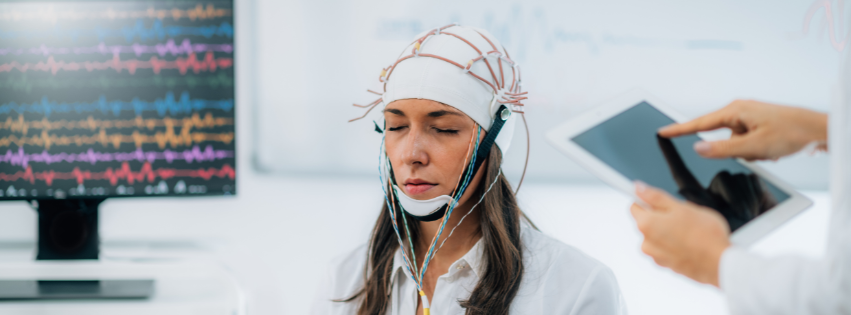
Artificial intelligence (AI) is rapidly transforming various industries, and healthcare is no exception. In New Zealand, AI is poised to revolutionise the way diseases are diagnosed, offering potential benefits such as improved accuracy, early detection, and reduced costs. However, as with any new technology, the introduction of AI into healthcare raises important questions, particularly regarding liability.
The potential of AI in diagnosis
AI-powered diagnostic tools can analyse vast amounts of medical data, including patient records, images, and genetic information, to identify patterns and anomalies that may indicate the presence of a disease. This can lead to more accurate and timely diagnoses, especially for complex or rare conditions. For example, AI algorithms can analyse X-rays and mammograms to detect subtle signs of cancer that may be missed by human experts.
Early detection of diseases is critical for successful treatment and improved patient outcomes. AI-powered diagnostic tools can help identify diseases at an earlier stage, when they are often more treatable. This can lead to better health outcomes for patients and reduce the overall burden of disease on the healthcare system.
The liability question
While the potential benefits of AI in diagnosis are significant, the question of liability in case of misdiagnosis or adverse outcomes remains a complex issue. Traditionally, healthcare providers have been held liable for medical errors. However, with the increasing reliance on AI, it is unclear who should be responsible if an AI-powered diagnostic tool makes a mistake.
Several potential scenarios could arise:
- Healthcare provider liability: If a healthcare provider relies on an AI tool and fails to exercise reasonable care in interpreting its results, they could be held liable for any resulting harm.
- AI developer liability: If a flaw in the AI algorithm is the primary cause of the error, the developer of the tool could be held liable.
- Joint liability: In some cases, both the healthcare provider and the AI developer could be held liable, depending on the specific circumstances.
New Zealand’s ACC Approach and Liability:
New Zealand’s ACC (Accident Compensation Corporation) system provides no-fault compensation for personal injuries, including those resulting from medical errors. However, while ACC covers the financial costs of treatment and rehabilitation, it does not absolve individuals or organizations from legal liability. In the context of AI-powered diagnosis, the ACC system would likely cover the costs associated with a misdiagnosis, but the question of who is legally responsible for the error would still need to be addressed through the civil legal system. The potential liability scenarios discussed in the article, such as healthcare provider liability, AI developer liability, and joint liability, are relevant to New Zealand’s legal framework and must be considered in conjunction with the ACC system.
Addressing the liability gap
To ensure that patients are adequately protected and that AI is used responsibly in healthcare, it is essential to address the liability question. This may involve:
- Developing clear standards: Establishing clear standards and guidelines for the development, testing, and use of AI-powered diagnostic tools.
- Improving transparency: Ensuring transparency about the limitations and capabilities of AI tools, and providing patients with information about how these tools are used in their care.
- Implementing oversight mechanisms: Establishing oversight mechanisms to monitor the performance of AI tools and address any concerns about their safety and effectiveness.
- Considering insurance coverage: Exploring ways to ensure that healthcare providers and AI developers have adequate insurance coverage to address potential liability claims.
As AI continues to advance, it is crucial to strike a balance between harnessing its potential benefits and mitigating the risks. By addressing the liability question and implementing appropriate safeguards, New Zealand can ensure that AI-powered diagnosis is used responsibly to improve the health and well-being of its people.
Our event, the Annual New Zealand Medico Legal Congress addresses legal challenges and best practices for safe and effective healthcare delivery in New Zealand, it will provide a valuable platform to discuss these issues in detail. By examining the legal frameworks governing telemedicine, understanding licensing requirements, and addressing common legal challenges, we can work towards creating a robust and sustainable telemedicine ecosystem that benefits both healthcare providers and patients. Learn more about the Annual New Zealand Medico Legal Congress below.



